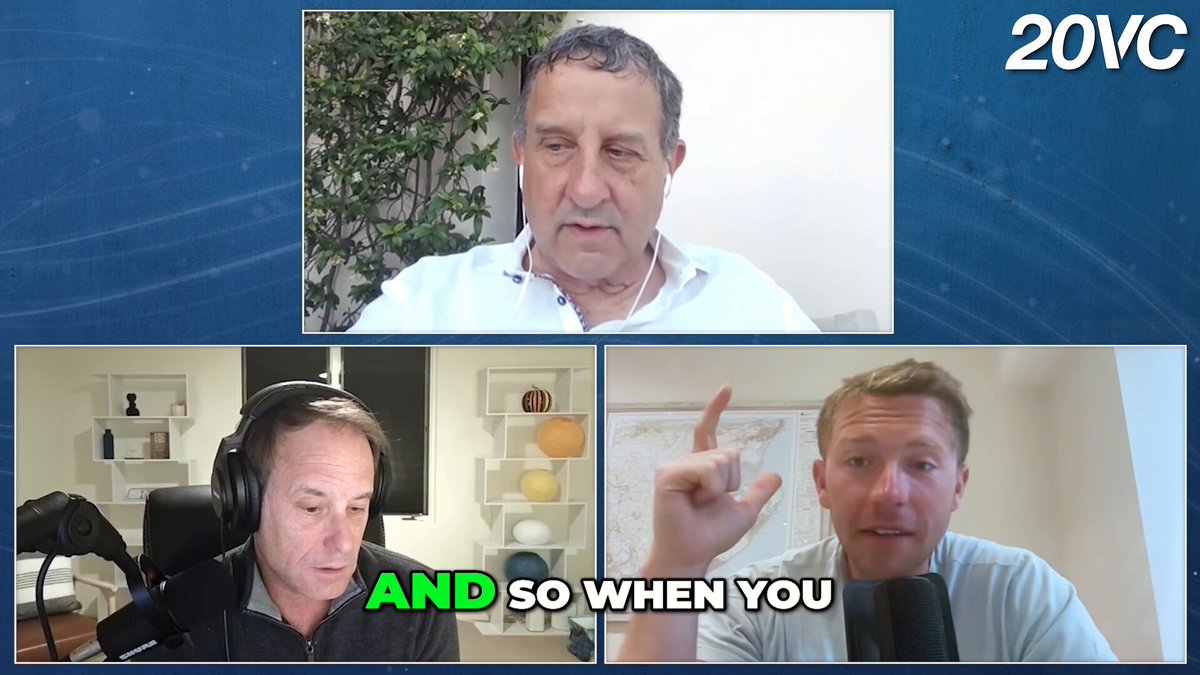[GUEST ACCESS MODE: Data is scrambled or limited to provide examples. Make requests using your API key to unlock full data. Check https://lunarcrush.ai/auth for authentication information.]  Jason ✨👾SaaStr.Ai✨ Lemkin [@jasonlk](/creator/twitter/jasonlk) on x 209.3K followers Created: 2025-07-18 09:59:00 UTC How VC Reserve Allocation Actually Works: The Inside Mechanics 🔧 with @HarryStebbings @rodriscoll + me Most founders don't understand how VCs think about follow-on capital. Here's the real playbook: The Math Behind the Madness VCs don't just write one check and walk away. They reserve 2-3x their initial investment for follow-on rounds. But where that money goes isn't random—it's ruthlessly calculated. Stage 1: Seed/Series A → Limited capital = binary decisions → Only one filter: fastest growth rates → Triple-digit growth? You get XXX% of available reserves → Everything else? Radio silence Stage 2: Series B/C+ → More capital = more strategic choices → Key metric: Are you within XX% of plan X years post-investment? → Hit that benchmark = XX% chance of 5x returns → Miss it = reserves likely going elsewhere The Three-Bucket Approach: 🚀 Winners (70-80% of reserves) - Companies executing on plan get maximum capital ⚖️ Defenders (15-20% of reserves) - Small amounts to prevent total losses on mediocre deals 🗑️ Walking Dead (5-10% or less) - Minimal capital, mostly for signaling/board seat preservation The Red Flag Moment When VCs start diving deep into legal structures and pay-to-play provisions, they've already mentally written off big returns. You've moved from "growth capital" to "damage control."  XXXXX engagements  **Related Topics** [money](/topic/money) [investment](/topic/investment) [playbook](/topic/playbook) [Post Link](https://x.com/jasonlk/status/1946147685251354757)
[GUEST ACCESS MODE: Data is scrambled or limited to provide examples. Make requests using your API key to unlock full data. Check https://lunarcrush.ai/auth for authentication information.]
 Jason ✨👾SaaStr.Ai✨ Lemkin @jasonlk on x 209.3K followers
Created: 2025-07-18 09:59:00 UTC
Jason ✨👾SaaStr.Ai✨ Lemkin @jasonlk on x 209.3K followers
Created: 2025-07-18 09:59:00 UTC
How VC Reserve Allocation Actually Works: The Inside Mechanics 🔧 with @HarryStebbings @rodriscoll + me
Most founders don't understand how VCs think about follow-on capital. Here's the real playbook:
The Math Behind the Madness
VCs don't just write one check and walk away. They reserve 2-3x their initial investment for follow-on rounds. But where that money goes isn't random—it's ruthlessly calculated.
Stage 1: Seed/Series A
→ Limited capital = binary decisions → Only one filter: fastest growth rates → Triple-digit growth? You get XXX% of available reserves → Everything else? Radio silence
Stage 2: Series B/C+
→ More capital = more strategic choices → Key metric: Are you within XX% of plan X years post-investment? → Hit that benchmark = XX% chance of 5x returns → Miss it = reserves likely going elsewhere
The Three-Bucket Approach:
🚀 Winners (70-80% of reserves) - Companies executing on plan get maximum capital ⚖️ Defenders (15-20% of reserves) - Small amounts to prevent total losses on mediocre deals 🗑️ Walking Dead (5-10% or less) - Minimal capital, mostly for signaling/board seat preservation
The Red Flag Moment
When VCs start diving deep into legal structures and pay-to-play provisions, they've already mentally written off big returns. You've moved from "growth capital" to "damage control."

XXXXX engagements
Related Topics money investment playbook